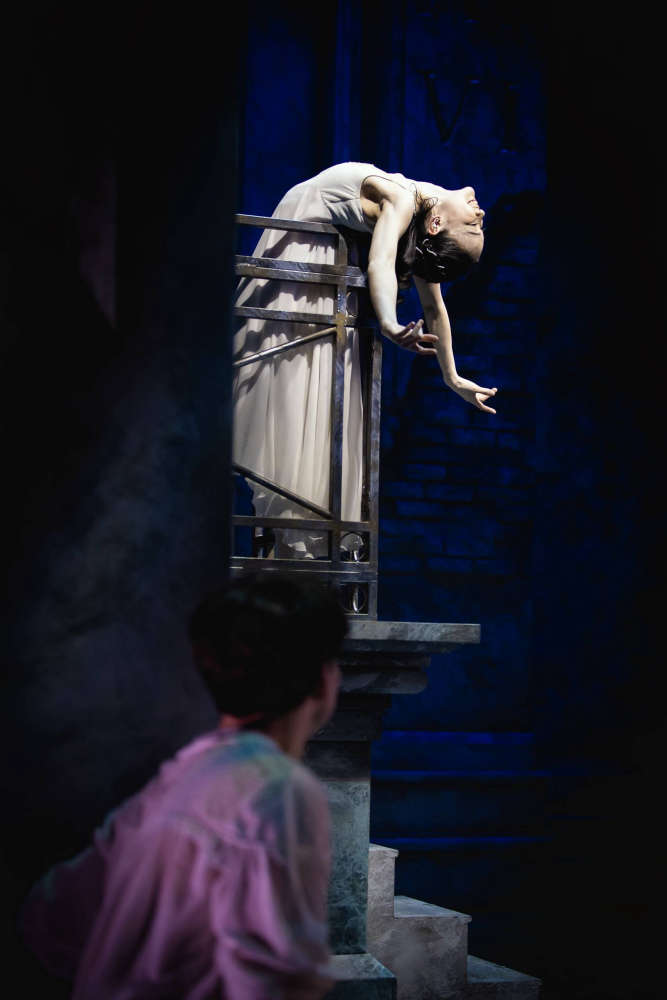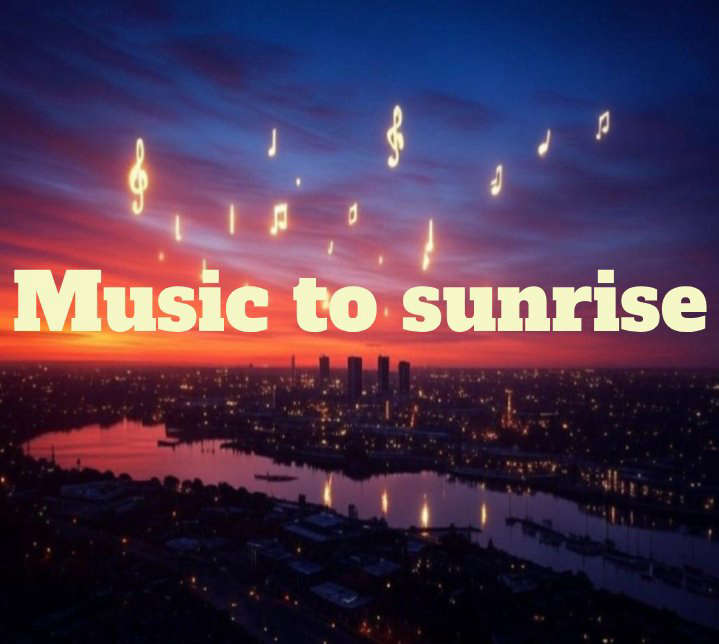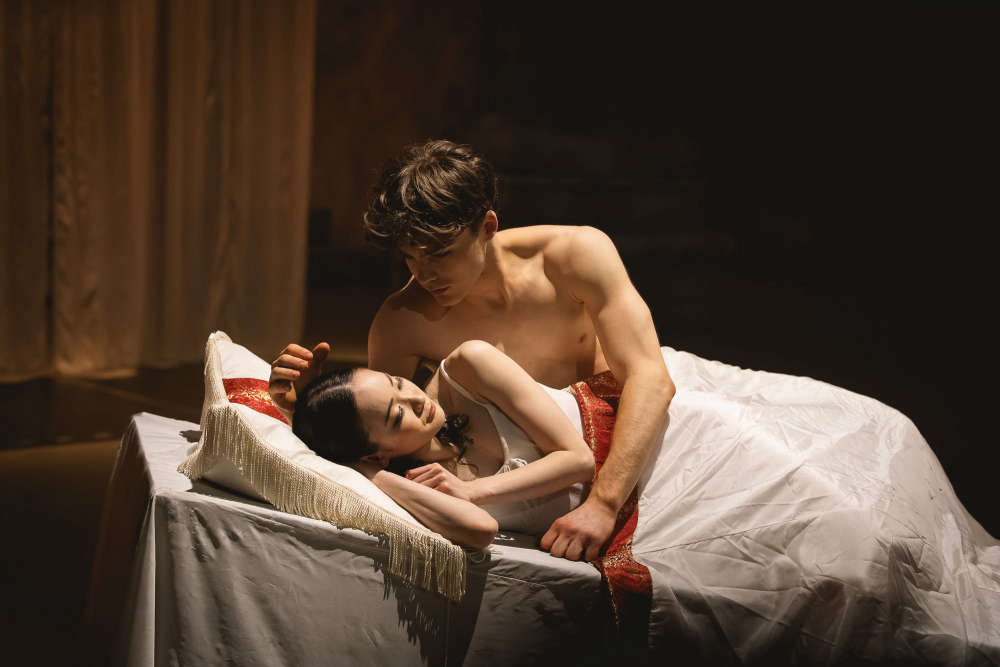“I hope I can think of something to say”, I thought as I headed to the Mayflower Theatre. The problem with ballets is, they’re really good. The dancing is always amazing (otherwise the performers wouldn’t be in a major touring production by a large professional company), the costumes always have good money invested in them, and the soundtracks are always beautiful because they’re tried-and-tested classics. Once you’ve reviewed a couple of ballets – and unless you know so much about ballet that you can actually critique the minutiae of the dancing – it can be tricky to not feel like you’ve copied and pasted one review and just swapped out the names.
But, as soon as I passed the front of the theatre, I found the talking point of the evening: several members of the Musicians’ Union handing out flyers for their #KeepNorthernBalletLive petition. I spoke to Paul Burrows, the regional organiser for the MU for the South East, before I headed in to the theatre. He told me that their protest came in response to Northern Ballet’s use of recorded music for most of their performances, having cut their live orchestra due to chronic funding cuts from Arts Council England. The music track being used for Romeo and Juliet was performed by an orchestra in Eastern Europe, so it wasn’t even like a British orchestra got a day’s work out of it. The lack of live music at tonight’s performance was on everybody’s lips. After the curtain fell on Act One, our row discussed how much more impactful it would have been to have heard Prokofiev’s iconic Dance of the Knights (introduced to most of us as the theme tune to The Apprentice) with a live orchestra. We longed for those goosebump-inducing moments that only a live orchestra can provide, which is as much part of the ballet experience as the dancing. It also made it very tricky to know when to clap given that the musical recording didn't include pauses for applause. Just because an orchestra is out of sight, does not mean that it isn’t vital.

It would be unfair, however, to focus solely on this musical issue, because Northern Ballet’s Romeo & Juliet was wonderful. It definitely featured the best acting I’ve seen from a ballet cast – particularly from Dominique Larose as Juliet, Harris Beattie as Mercutio, and Jonathan Hanks as Capulet. This production did impeccably at getting across just how teenage Romeo and Juliet are: their love is intense and at times embarrassing in its intensity and naivety. Romeo’s friends are full of eye-roll-inducing teenage bravado. This childish charm makes the losses in the production all the more gut-wrenching. Mercutio staggering the stage, trying to keep up his swagger while maintaining that he was unharmed was almost excruciating to watch. Juliet’s nurse dressing the body for its entombment almost moved me to tears. Larose’s control of her body, both in her lacklustre duet with Paris in which she became a stroppy puppet and her duet with Romeo in her death-mimicking drugged state were spellbinding.
If I were to see this production again (and I would happily see this production again), I would request just one thing (okay, two things - bring back your orchestra): if an added-in bereaved mother in Act One and Tibalt in Act Two are allowed to give out a cry – let everyone. Or, ideally, let no one. The silent cries from our titular characters fell flat given that the only real scream came from a character never seen again right at the start of the performance. This small detail, for me, undermined part of this show's slickness.
Verity Babbs is the host of Voice FM's 'Arts & Culture Show' on Wednesdays at 2PM
www.veritybabbs.com
Instagram




